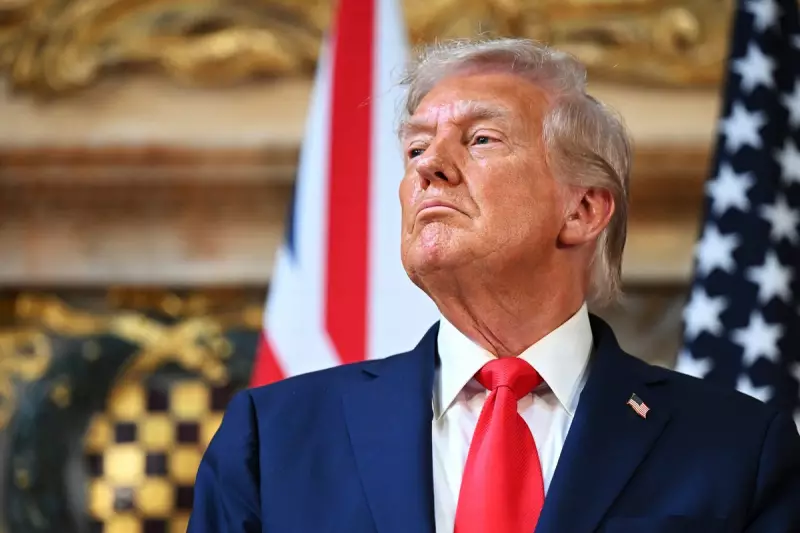
In a move that has sent shockwaves through political circles, former US President Donald Trump has vowed to designate the anti-fascist movement Antifa as a terrorist organisation should he return to power. This controversial pledge, made during campaign rallies, represents a significant escalation in America's ongoing culture wars.
A Contentious Historical Precedent
The proposition isn't entirely new. During his previous administration, Trump repeatedly threatened to label Antifa—a loose collective of anti-fascist activists rather than a centralised organisation—as terrorists following the civil unrest that swept across American cities in 2020.
Legal experts have consistently questioned the legality of such a designation, noting that US terrorism laws primarily target foreign organisations rather than domestic groups. This has raised serious concerns about potential overreach and the politicisation of national security mechanisms.
The Double Standard Debate
Critics have been quick to highlight what they perceive as glaring inconsistencies in Trump's approach. While seeking to criminalise left-leaning movements, Trump has simultaneously described far-right groups like the Proud Boys—several of whose members were convicted for their roles in the January 6th Capitol attack—in remarkably different terms.
During a 2020 presidential debate, Trump famously told the Proud Boys to "stand back and stand by," a statement many interpreted as encouragement rather than condemnation.
Free Speech Implications
Civil liberties organisations have expressed alarm at the potential implications for free speech and the right to protest. Designating a broad movement rather than a specific organisation sets a dangerous precedent that could be used to target political opponents under the guise of national security.
The American Civil Liberties Union and other watchdog groups warn that such moves could effectively criminalise certain forms of political expression and dissent, fundamentally altering the landscape of American democracy.
2024 Election Implications
This latest declaration appears strategically timed to resonate with Trump's conservative base ahead of what promises to be a fiercely contested election. The rhetoric aligns with broader "law and order" messaging that characterised his 2020 campaign.
However, moderate voters and civil rights advocates view the proposal as dangerously divisive, potentially further polarising an already fractured political environment and raising questions about the weaponisation of counterterrorism resources for political purposes.





